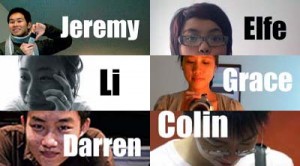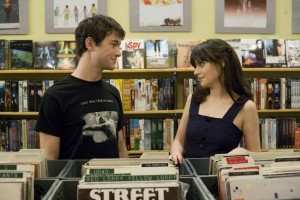“Crying” in Mulholland Drive
I haven’t yet parsed (nor could I possibly) all of the mysteries and wonders of David Lynch’s Mulholland Drive after my first enraptured viewing, but how hypnotic is that scene in Club Silencio where Rebekah Del Rio sings “Llorando”, her a capella Spanish cover of Roy Orbison’s “Crying”? Her clear and tremulous voice, that creased forehead and weathered face, captured close-up over a dark background, echo more powerfully as a naked embodiment of desire than almost any musical number across the cinematic decade that followed. (And what are musical numbers meant to be but embodiments of desire?) The scene is wondrous in its simplicity, cutting between close-ups of Del Rio, weeping for a lost love, and of Naomi Watts and Laura Harring, weeping for beauty.
Mulholland Drive sustains its mystery by baring its heart in scenes like this one or Watts’ fabled audition, even when it complicates them with the futile threat of being illusory. What illusion? When Del Rio collapses as her voice plays on, or onlookers clap to Watts’ tear-choked breaths, we aren’t disappointed that “it’s all a sham”—because we remember. And so the magic persists: beyond death, beyond reality.
Mulholland Drive | 2001 | USA | Director: David Lynch | Screenplay: David Lynch | Cast: Naomi Watts, Laura Elena Harring, Rebekah Del Rio, Justin Theroux, Ann Miller


 Here are my
Here are my 


